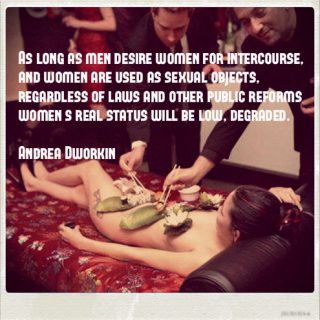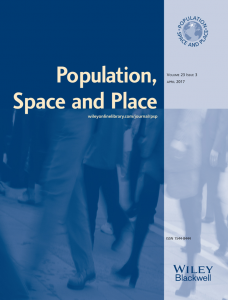Can the revolution in the music industry tell us anything about the future of capitalism?
Christmas is coming. The John Lewis ad is out. Consumerist-bonkers-day Black Friday is around the corner, and as I write, hundreds of container ships are slowly inching their way across the seas from China to the West, bringing a cargo of all the things we are told we need this year. Toys-wise, apparently this year’s must-have presents include an “interactive Thunderbirds Tracy Island” and a “‘skate and sing’ remote control Elsa” (apparently she’s out of Frozen but, being childless, I...










